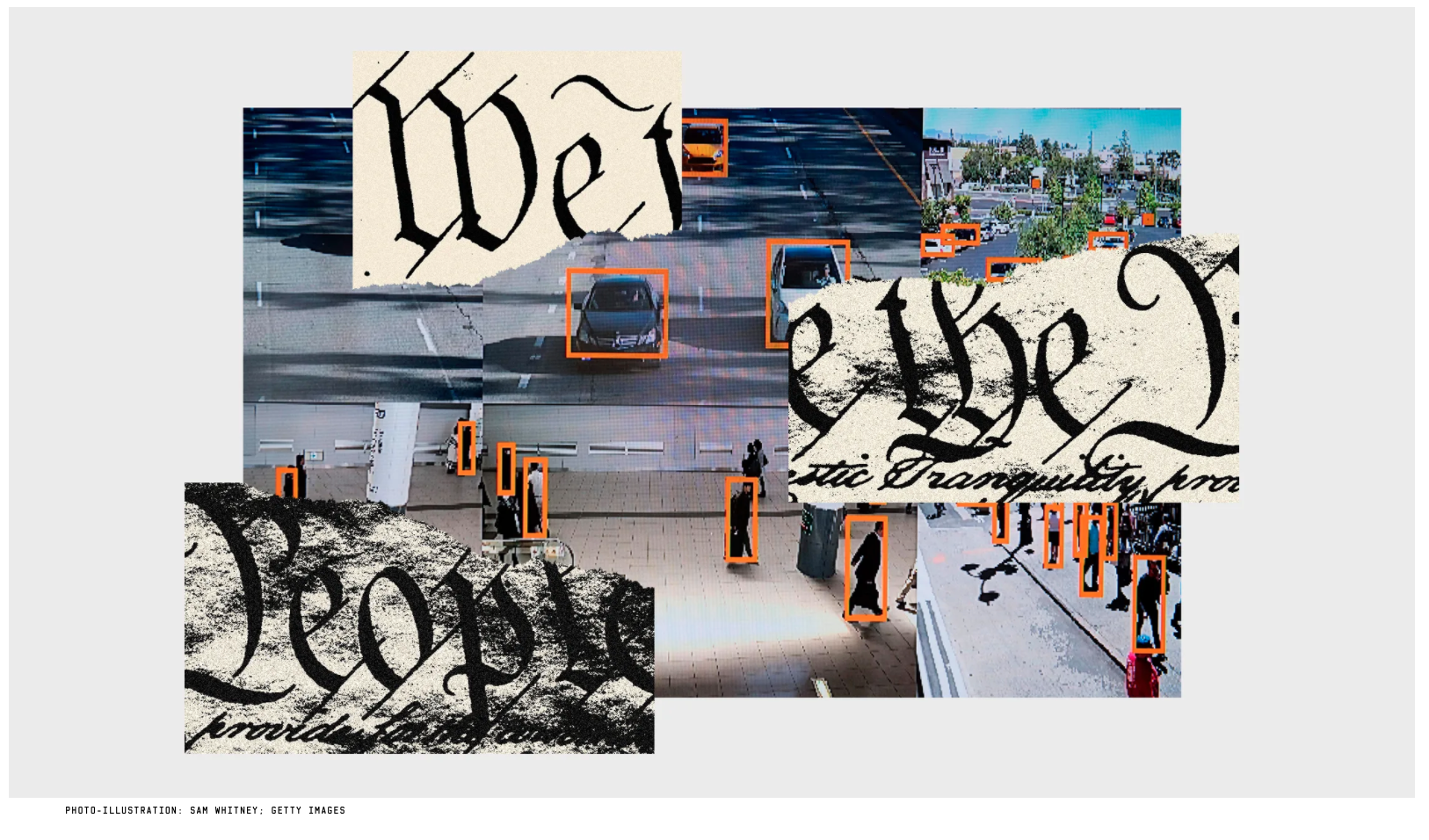|
November 2021
AutomatedBuildings.com
|
[an error occurred while processing this directive]
(Click
Message to Learn More)
|
[an error occurred while processing this directive]
AI
with all its promise to predict weather, floods, failure of machines
and disease before their onset, AI is finding applications in the
criminal justice system advising judges who to send to jail, invisible
AI in spam filters and auto correct is permeating our daily lives.
There is a discussion brewing about AI Ethics and its role in the
scaling of Artificial Intelligence in the world of technology loving
innovators.
AI
is trained by data from all around the world and it carries the biases
of our societies and cements it with complete lack of transparency.
So
there is a debate brewing about the need to regulate AI to ensure that
it does not unfairly affect minorities and people of certain races that
are not fairly represented in the rooms where AI is designed. This
includes women left behind in hiring algorithms, black people, queer
people and disabled people and more. On the other hand there are people
in the technology industry who argue about regulation putting the
brakes on innovating fast and call for no regulation at all.
The US White House Office of Science and Technology Policy Science has called for a Bill of Rights for an AI Powered World in an opinion piece in Wired magazine.
It resonates with me as it articulates the pervasive power of AI and
the harmful effects of the bias in AI and real lives of people in
affects. They list what could be included in the AI Bill of Rights as:
1. your right to know when and how AI is influencing a decision that affects your civil rights and civil liberties;
2.
your freedom from being subjected to AI that hasn’t been carefully
audited to ensure that it’s accurate, unbiased, and has been trained on
sufficiently representative data sets;
3. your freedom from pervasive or discriminatory surveillance and monitoring in your home, community, and workplace;
4. your right to meaningful recourse if the use of an algorithm harms you.
The
US White House Office of Science and Technology Policy (OSTP) requests
input from interested parties on past deployments, proposals, pilots,
or trials, and current use of biometric technologies and HR
professionals using AI for identity and emotions tracking and inference
here. (before 5pm et Jan 15th 2022)
NATO has released their Artificial Intelligence Policy (here).
It sets standards of responsible use of AI technologies, in accordance
with international law and NATO’s values. This is welcome to ensure
that AI used in defence does not turn adversarial by malicious actors.
AI Bias Leaves No Human Behind
When
we look closer, AI bias is not limited to marginalized people for
anyone to think that it only affects 'the other." AI can be biased
against southern accents, or against people wearing a beard or glasses.
I recently hosted
a webinar on State of AI Ethics in Autonomous Vehicles at WeeklyWed at Business School of AI and
reviewed how Level 3 autonomous vehicles have to transfer control to
humans in the case of a disengagement and that means the AI has to
interpret if a person is alert or fit to take control, otherwise it is
a business liability for the Automaker and AV technology companies. And
from an AI ethics, Inclusive AI perspective, to paraphrase AI Ethicist
and Cognitive Science Researcher Susanna Raj,"there is no clear
construct of what 'able' or 'fit' means " to consistently define what
conditions an AI should track to handover control of a vehicle driving
at 60 mph among human drivers and passengers to another human.
Therein lies the answer to our debate about regulation vs. stifling innovation.
Innovation
is needed but not at the cost of human lives. AI Ethics affects all of
us in some situation or the other. So we need to embrace regulation
with meaningful debate on what is acceptable and right levels and to
retain agency of humans amidst the growing autonomy of AI.
Thus
we can ensure that AI Ethics is not a distraction so that AI does not
become a distraction in a future that works for all of us with all its
glorious promise.
Sudha Jamthe is a Technology Futurist and teaches AI and AI ethics at Stanford Continuing Studies and
Business School of AI. Her aspiration is to guide diverse professionals to build AI towards an equitable limitless world.
footer
[an error occurred while processing this directive]
[Click Banner To Learn More]
[Home Page] [The
Automator] [About] [Subscribe
] [Contact
Us]
